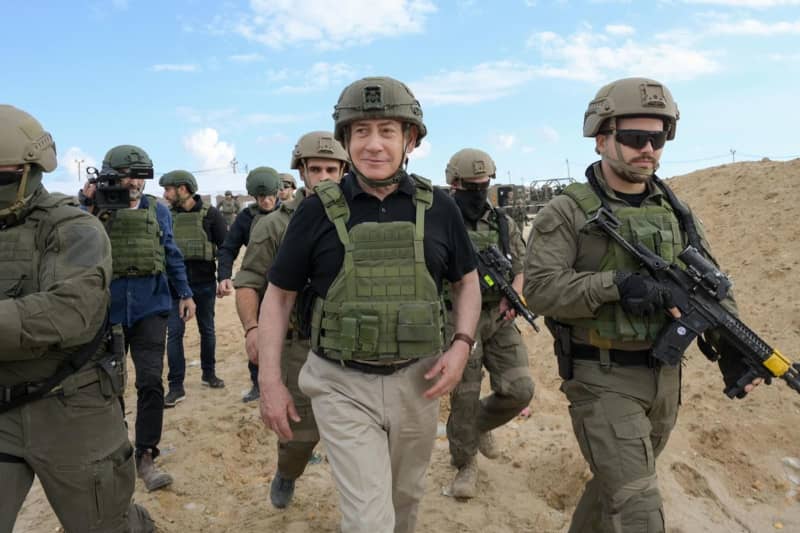Israeli Prime Minister Benjamin Netanyahu announced a significant incentive for anyone able to secure the release of hostages currently held in Gaza, offering a $5 million reward for each hostage freed. This declaration came during his visit to the Palestinian territory, where he emphasized his commitment to bringing home all captives taken during the conflict, particularly since the Hamas attacks on October 7, 2023, which resulted in approximately 250 abductions. Netanyahu also assured that those who assist in the hostage recovery efforts would be offered a safe exit from Gaza, thereby providing a dual purpose to the reward. His message was clear: the passage and resolution of the hostage situation ultimately rested with those involved. However, previous attempts to negotiate for hostages through similar offers had been rejected by Hamas, who demanded broader negotiations and the lifting of the blockade as prerequisites for any releases.
Despite Netanyahu’s reassurances, there are growing sentiments among the families of the hostages that he is deliberately prolonging the conflict to preserve his political power. Approximately 100 hostages are believed to still be held in Gaza, with fears voiced by relatives that many may no longer be alive due to the prolonged duration of their captivity. Amid these challenging circumstances, Netanyahu reiterated his stance that Hamas would not be allowed to govern Gaza in the future, indicating a determination from the Israeli leadership to change the political landscape post-conflict.
In addition to the hostage situation, violence escalated in the West Bank during an Israeli army operation in Jenin. Israeli forces engaged in a raid targeting a house believed to harbor wanted Palestinian individuals, resulting in the deaths of three gunmen aged between 24 and 32. The Israeli military confirmed this operation, which reflects the heightened security measures and ongoing hostilities between Israeli troops and Palestinian militants. The Palestinian Islamic Jihad identified the deceased as members of their organization, emphasizing the tension that continues to pervade the region.
During the same period, reports emerged regarding continued Israeli military presence and operations within Jenin, a city known for being a stronghold for militant groups. According to accounts from Palestinian news outlets, confrontations occurred between Israeli forces and local residents, underscoring the persistent cycle of violence and retaliation that characterizes the ongoing Israeli-Palestinian conflict. The methods employed by the Israeli army, which often involve targeted raids, have drawn criticism and led to concerns about civilian safety and the humanitarian situation on the ground.
As the situation evolves, the discourse around hostages remains highly sensitive, with the prospect of negotiations intertwined with military operations and a national commitment to defeating Hamas militarily. The complexities of the conflict and the demands from both sides reflect a broader pattern of political maneuvering and ideological entrenchment, as they navigate the difficult landscape of war, peace, and potential reconciliation. Netanyahu’s administration, while focusing on military solutions, faces criticism over its failure to engage meaningfully with the families of hostages and provide tangible results regarding their loved ones’ safety.
Ultimately, as tensions remain high and violence simmers across both Gaza and the West Bank, the humanitarian implications of the ongoing conflict cannot be ignored. The interplay of military strategy and political goals highlights the difficulties faced in seeking resolution. Both the Israeli government and Hamas have a vested interest in maintaining their respective narratives, which complicates the prospects for a peaceful outcome. As the world watches and waits for developments in this precarious situation, the paths to peace and reconciliation remain fraught with challenges that require careful consideration and dialogue.

